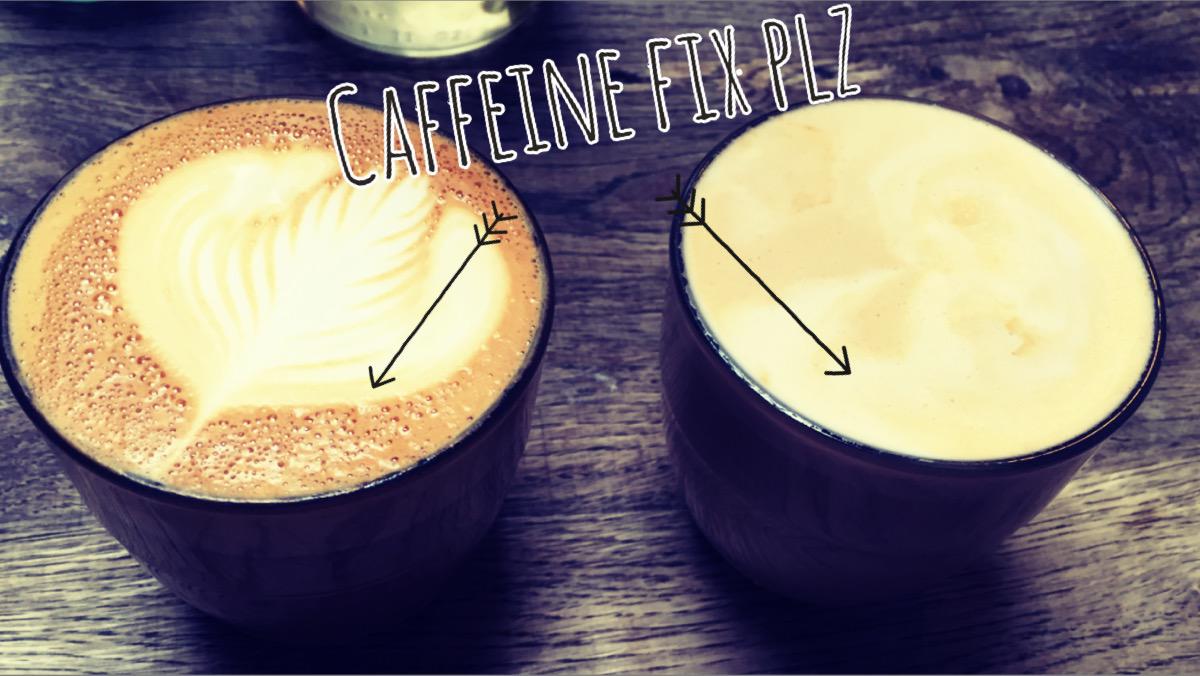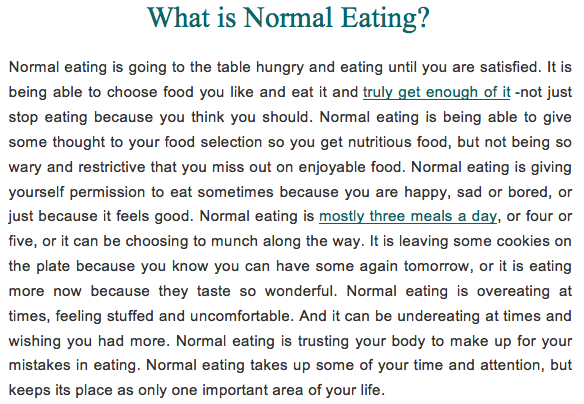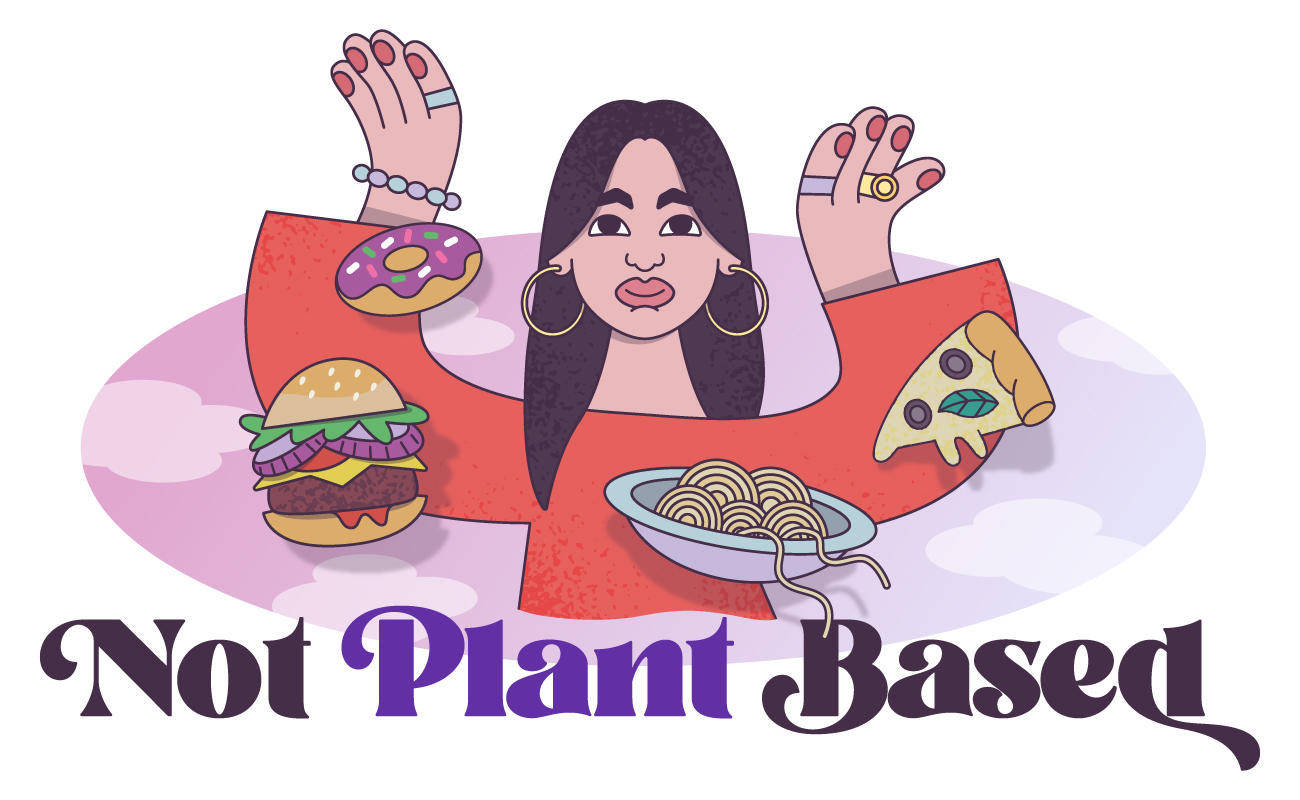
In 2013, when then 21-year-old Ruby Tandoh stole the heart (and stomachs) of the nation as a contestant on the Great British Bake Off, I watched her every sift, salting and sugar work in near salivation.
After bread week, I hot-footed to Poundland and picked up as many cheep and cheerful bags of flour as possible in an attempt to recreate Ruby’s white chocolate bread creation. Needless to say my skills were severely limited and hence I spent most of the afternoon with flour in my armpit (don’t ask); going hard on 20 bags of milky buttons. It was fucking ace.
Three years on, Bake Off is on its seventh series and still raking in the ratings, despite a nationwide vilification of gluten. All the while, the now 24-year-old Ruby has carried on cooking the comforting treats that she will always love and remains bemused by the infection of ‘clean eating’ on a nation of GBBO obsessives. Her book, Flavour: Eat What You Love, was released earlier this year and is a gloriously tempting celebration of home-cooked, taste sensations. There are FIVE chocolate cookie recipes. FIVE.
A victim of troubled eating herself, Ruby understands the importance of ‘variety’ more than anyone – she’s struggled with bouts of disordered eating since the age of 16. In May, Ruby spoke a little of her complicated relationship with food in the VICE article, “The Unhealthy Truth Behind Wellness and Clean Eating” and for me, her honesty was nothing short of a godsend. In the lengthy article written for the ezine’s health section, Ruby discusses the money-making objectives of the ‘wellness’ industry as well as the scientific evidence for cutting out certain food groups from our diet (of which there is none, btw). When NOT PLANT BASED first launched, Ruby was top of our ‘get’ list. And guess what? We got her.
Can you remember the first time you fell in love with food?
There’s not a stand-out time, but I have a whole load of memories of being maybe 3 or 4 and looking through my parents’ cookbooks at all the photos of the food. I was so in love with this one book – a really retro Hamlyn All-Colour Cookbook – because it had a photo of every single recipe, and the final two sections were full of cakes, biscuits, puddings and treats… I can remember the little jam lamingtons and the lurid green frosted birthday cake and the cute jam tarts even now.
What would your last supper be?
This is truly the most difficult question for me to answer. Whenever I think about it, my imaginary menu changes every time – I just can’t settle on anything. Sometimes I think that I’d have three courses of dessert: cherry pie with ice cream, a bowl of thick, spiced rice pudding and a cone of coffee ice cream. But other times, I feel a pang for something salty and punchy to see me off – like pasta with anchovies and olives, or – oooooh – deep fried anchovy-stuffed sage leaves.

Have you ever suffered from disordered eating?
I’ve suffered from disordered eating, on and off, since I was about 16. Sometimes that’s meant not eating enough, and other times it’s been a binge-purge cycle, or a fixation on exercise, or an impulse to binge eat. It’s something that comes to me worst when I’m feeling insecure and anxious, and when my depression is bad, though what I’ve noticed over the years is that even when I’m reasonably well and happy, there’s always an undercurrent of that disordered thinking around food. I think that’s really important for me and for anyone: recognising, even on good days, that you could slip back in disordered eating. It sounds pessimistic, but actually it’s so freeing to be able to say: “That’s my past, and I carry it with me even now – I’m not scared to acknowledge that it’s there, and I want to fight it.”
How much do you think the fashion & media culture is to blame to a descent into an eating disorder?
That’s really difficult, because obviously there are a lot of aspects of fashion and the media that foster unhealthy and unsustainable beauty standards. There’s the value that’s placed on thinness, and the pressure that women in particular face to live up to these absurd standards. Crucially, there’s also the fatphobia that seeps into literally every area of the media and spreads this toxic idea that fat=bad, and that thin=healthy. So yeah, the media and fashion have a lot to answer for. BUT – disordered eating is a type or manifestation of mental illness, and that is at the heart of this. It’s something that comes from inside, and to reduce it solely to external pressures (a desire for thinness, etc) actually skims straight past the internal conflicts – issues around control, anxiety, trauma and depression – that really drives it. I think that’s really important to remember.
You wrote frankly about your disapproval of the clean eating brigade for VICE – why was it so important for you to speak out?
I’d been thinking about clean eating and wellness for a long time before I wrote that article. Subscribing to the idea of wellness as a mask for my eating disorder is something that I had done in the past, so there was that really personal motivation to shine a light on it. But also, as someone who works in the food press, I was just so pissed off that people were making a lot of money, using their influence, making a mark, selling these stupid fad diets. I was so furious to see these people not only peddling crappy, elitist diet regimes, but also then having the nerve to market those diets as ‘morally superior’, good for the soul and centred on self-care. That’s what really broke my heart: seeing really restrictive diets wrapped up in the language of self care and (for many) of eating disorder recovery.
Are there any truths in superfood ‘facts’?
No. It’s such utter shit I can’t even be bothered to consult the science on this one. The long and the short of it is: fruit and veg is good for you – enjoy it! Carrots are good for you! Apples are good for you! Get these foods into your diet, if you can, and don’t be duped into thinking that the more expensive and rarefied the fruit/veg, the better it is for you. Superfoods are a really expensive con.
What, in your opinion, is key to a positive relationship with food?
Flexibility! This is something that’s really hard to conquer if you have a history of disordered eating, but being flexible will truly change everything for you, if you can manage it. By this, all I mean is: don’t be scared to change your meal times to fit in around your social plans; eat too much some days, too little other days, without letting ideas of punishment or compensation guide you afterwards; let yourself eat when you get hungry, even if it’s not a mealtime; try new, scary, unknown, delicious foods!; try to let your cravings and your appetite guide you towards your own unique, unpredictable rhythm with eating. There’s this amazing piece of advice from the Ellyn Satter institute here, too – I think everyone should have it stuck on their fridge door:

What’s the most ridiculous food myth you’ve ever heard?
There are so many! And they change, going in and out of fashion, every few years! Not long ago, it was that fat in your diet will make fat on your body. More recently it’s that gluten is the devil. It’s so difficult though, because the more these myths spread, the easier it is to internalise them and feel them slowly begin to erode the feelings you once had about your food. I know so many people who, just in the last year or so, have stopped eating carbs because they “make me feel so ~heavy~”. Obviously the link between mind and body is really complex, and it can definitely be the case that fear/stress around food provokes a very real physical reaction to that food. It’s just so heartbreaking to see people who used to eat bread and pizza and pasta and be so happy and full now start reading that fullness is some awful, oppressive ‘heaviness’.
If you could give your teen self some advice now, what would it be?
You deserve to be happy and strong and healthy in your body and your mind.



